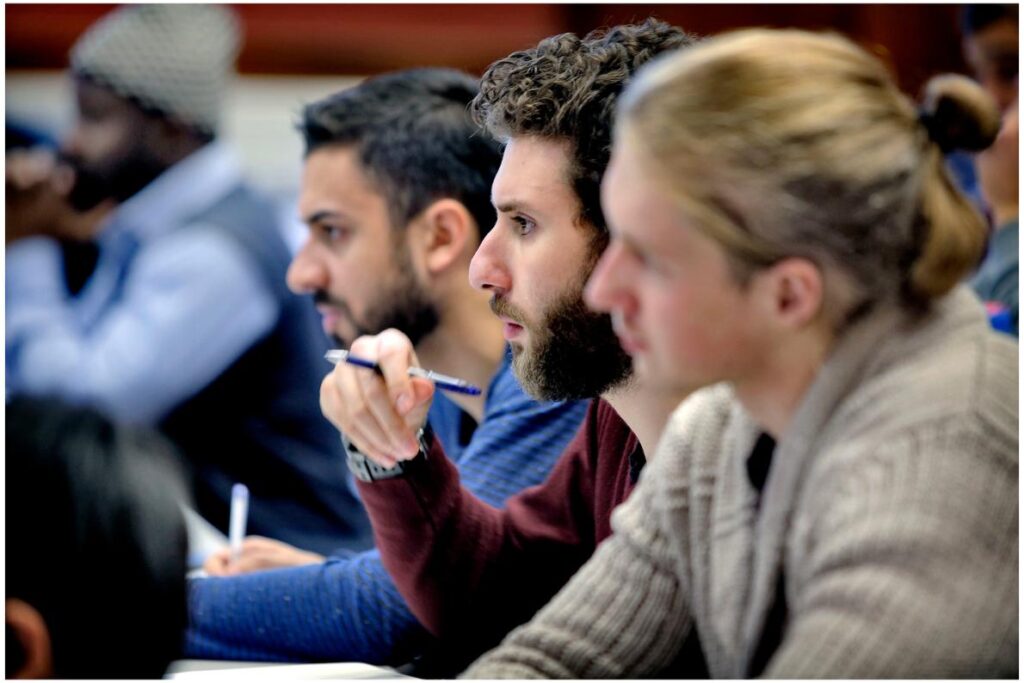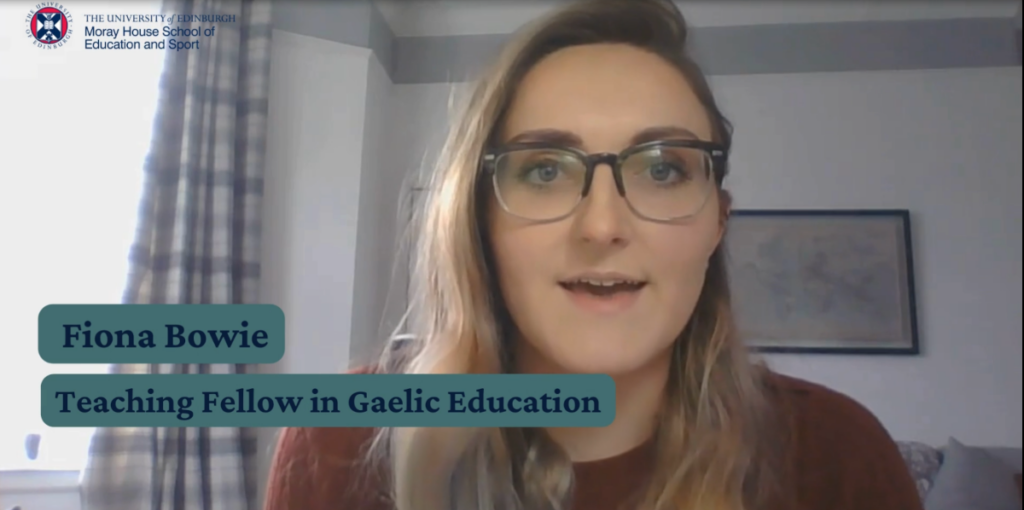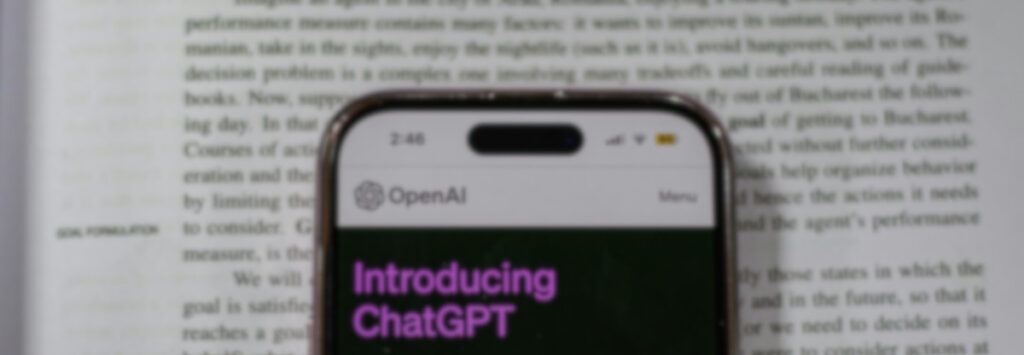Education is ….
We are all familiar with great thinkers’ expansive definitions, ranging from ‘training the mind to think’ (Einstein) to being ‘the most powerful weapon’ (Mandela) – the stuff of fridge magnets. Follow-through questions remain unanswered, e.g., to think what? Training implies predetermined behaviours in measurement-frenzied educational systems; and what, exactly, might a weapon – however symbolic – be protecting or fighting for?
Yet, as educators we are committed to values-driven navigation through the complexity, fluidity, politicisation and unjust boundaries inherent in our here-and-now systems. So how can we make future schools and universities ready for our learners and not, as in current thinking, the reverse?
Forchheimer (2022) promotes future-back thinking as breaking free from ‘the boundaries and noise’ of present-forward thinking. For me, absolute optimism embedded in futures thinking offers excitement and hope, pushing envisioning possibilities into new places.
Inspiration lies in actioning two key strands: Tauritz’s (2016) work in pedagogies of uncertainty provokes ideas about how young people can embrace uncertainty, ambiguity, confusion and super complexity across diverse contexts. Friere’s 1992 pedagogy of hope explores educators’ responsibilities towards social justice and fairness underpinned by cultural consciousness and reflexive criticality, unafraid of circumnavigating dominant forces.
As MHSES will undergo metamorphic change, I offer four provocations welcoming fearless debate that positions educators as future thinkers and activists:
- Ways in which we define, learn and use languages will change foregrounding epistemic and textual ‘fluencies’ that both decentre and promote linguistic fluency.
- Given digital advancement and multimodal literacies, all educators (and, subsequently, their learners) will have the tools to use languages as fundamental learning resources across all fields of learning.
- Multilingualism and multiculturalism are the norm – monolingualism is an unacceptable condition.
- Spatial literacies are reimagined in ways that enable us to use any physical, cognitive, social, virtual spaces to deepen and broaden a 4D understanding of our world.
These provocations are built on an assumption that values of social justice and fairness, resilience and agency, flourishing and self-esteem, respect and curiosity drive our purpose as educators.
References
Barnett, R. (2012) Learning for an unknown future, Higher Education Research & Development, vol. 31, no.1, pp. 65-77.
Forchheimer, S. (2022) IFTF – What Exactly is Futures Thinking?
Tauritz, R. (2016). A pedagogy for Uncertain Times in W. Lambrechts and J. Hindson (Eds) Research and Innovation in Education for Sustainable Development. Environment and School Initiatives – ENSI, ZVR-Zahl 408619713, Vienna, Austria
Language Education at Moray House
Language(s), Interculturality and Literacies Hub
Institute for Language Education (ILE)
About the author
Professor Do Coyle is Chair in Languages Education and Classroom Learning and one of the leads of the Language(s), Interculturality and Literacies Hub.




